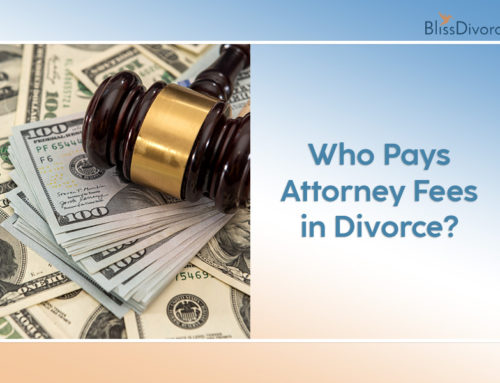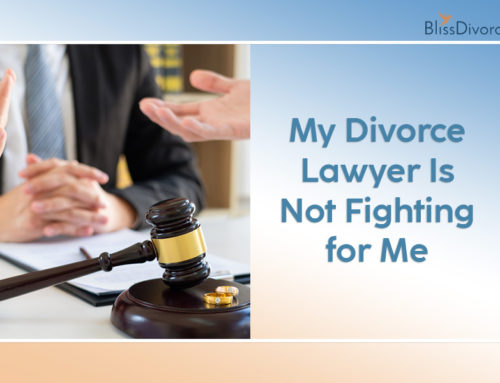Discovering that your spouse has been cheating can be a shocking revelation. If you’ve been cheated on, you might hope that a judge will set this injustice right. If you’ve been caught cheating, you may be wondering how it will impact your final divorce settlement. Here’s what you need to know.

How Judges View Adultery
Remember, the judges handling divorce cases have heard countless stories about adultery. For better or worse, many judges have become desensitized to most of this—and they want to address the future, not try to fix the past. In some states, adultery may not be relevant at all.
Lying
If you are hoping to conceal an adulterous affair in the hopes of a more equitable settlement, be warned: you may be hurting your case. If you get caught in a lie, a judge will be less likely to believe other claims you make. If you lied to the judge about your adulterous affair, what makes you think the judge will believe you when you say that you cannot afford to pay alimony? By lying, you might turn the judge against you on every contested issue.
Children
Depending on how it took place, an affair might demonstrate a parent’s poor judgment. Were the children in the next room, for example? Were there other factors that might have negatively impacted your children? Might these be seen as evidence that you will make other questionable child-rearing decisions? If so, this may change how a judge rules on custody for your case.
Division of Property
The division of property is the division of your marital estate. This division is at the judge’s discretion, and there are many factors they may consider when it comes time to divide your marital estate. Some states, however, require an equal division regardless of adultery or other conduct.
Alimony
In most states, the court will not grant you extra money due to your spouse’s adulterous affair.

Source: shutterstock.com / Photo Contributor: fizkes
Forgiveness
If you cheated on your spouse previously and your spouse forgave you, the infidelity might not be as relevant to your case. Infidelity is only relevant to your case if it’s what caused the divorce. If you’ve had previous affairs and it didn’t cause your marriage to dissolve, it’s hard for your spouse to make the case that your infidelity is the actual cause of the divorce. Of course, the question of whether your spouse forgave you is dependent on the specific facts of your case.
*This article is for informational purposes only and is not intended to provide legal advice. If you require legal advice, please contact a licensed attorney in your local area.




